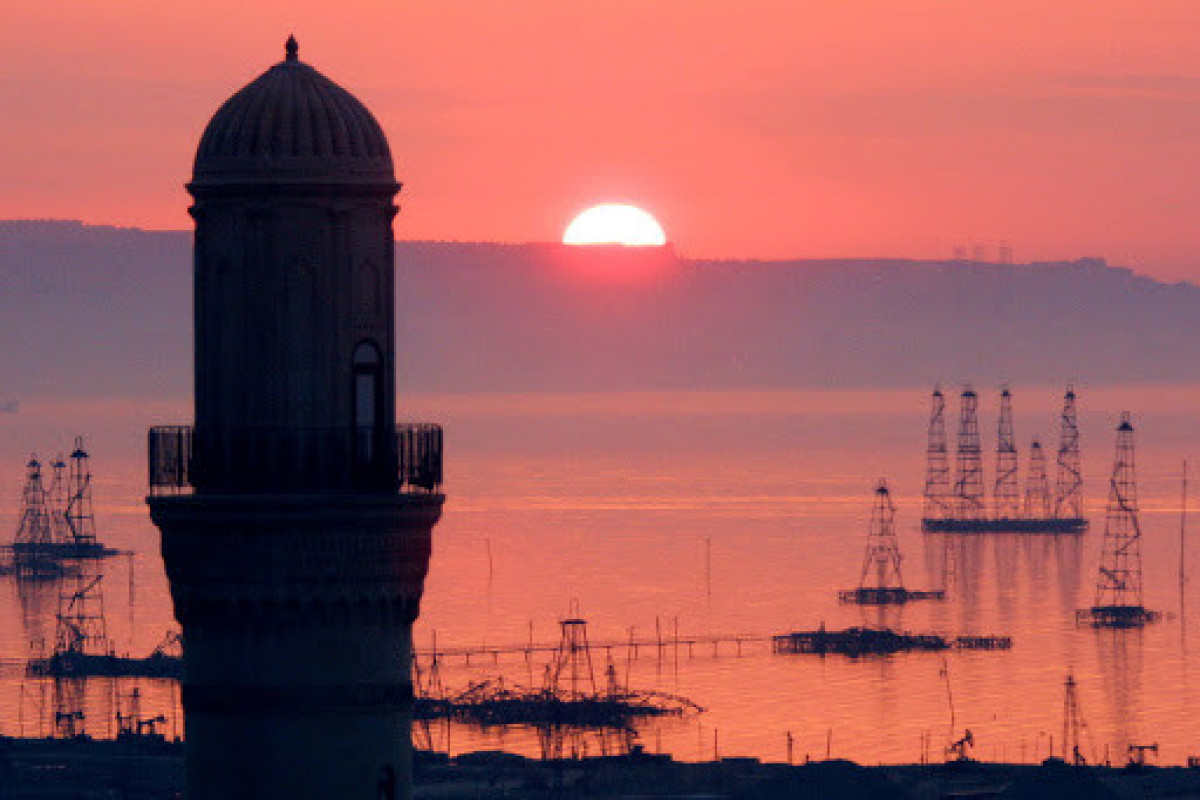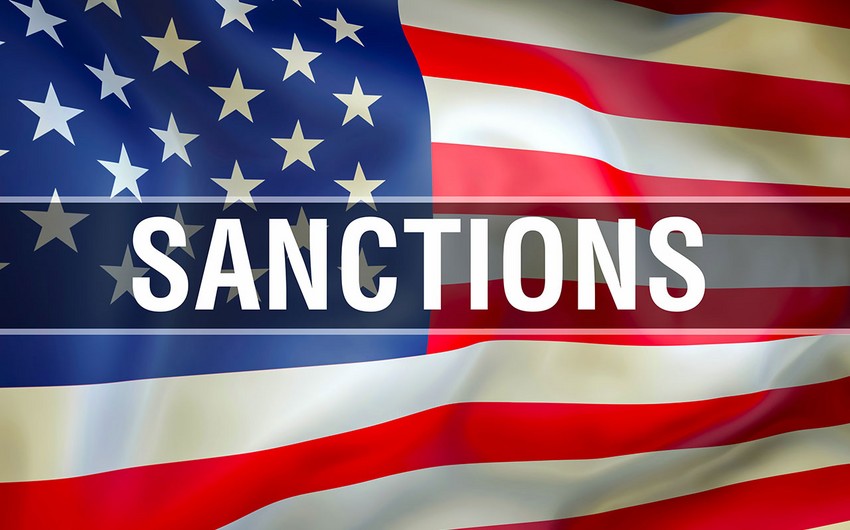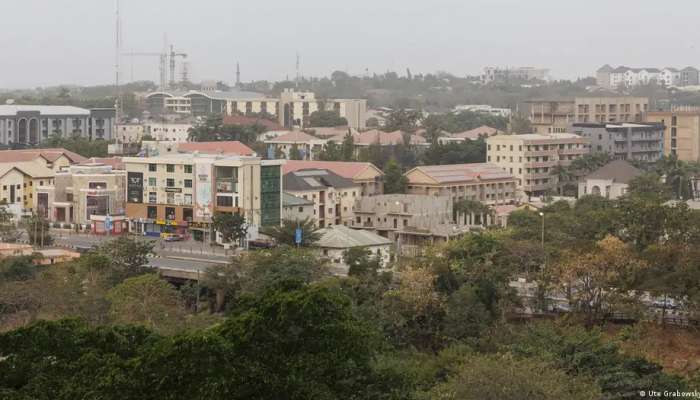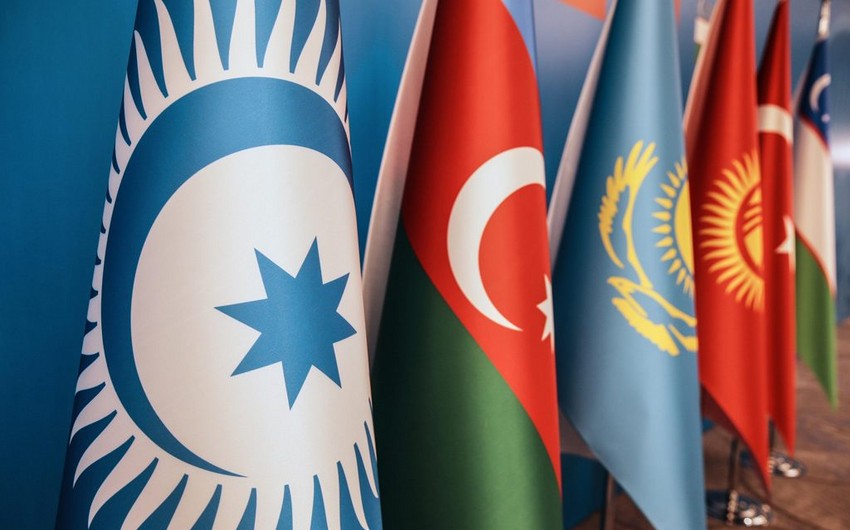Azerbaijan might not be at the front of U.S. policymakers’ minds as they calculate how to deal with Iran, but the small country has a big stake in U.S.-Iranian tensions.
Azerbaijan’s security and foreign policy are intricately linked to the ongoing standoff between the United States and Iran. As a major regional energy producer and exporter and a geopolitical swing state, Azerbaijan’s relatively small size belies its importance to both Washington and Tehran. A stronger U.S. engagement with Azerbaijan could improve Washington’s position relative to Tehran, as well as boost the U.S. role in the increasingly contested South Caucasus.
Azerbaijan in Context
Located in the strategic South Caucasus region, Azerbaijan is a land bridge connecting Europe and Asia. The South Caucasus is buffered by the Caspian and Black seas to the east and west and bordered by Russia to the north, Turkey to the southwest, and Iran to the southeast. The region is a hotbed of geopolitical activity due to its concentration of hydrocarbon resources, transcontinental infrastructure projects, and competition for influence among numerous powers. Key external actors in the region include not only Russia, Iran, and Turkey, but also the United States, the European Union, and, increasingly, China.
In this context, Azerbaijan plays a key role in both the internal and external dynamics of the South Caucasus region. Azerbaijan has the largest population in the region, with roughly 10 million people (Armenia has 3 million people, and Georgia has 3.7 million). It is also the only country in the region with substantial oil and natural gas resources, primarily on its Caspian Sea shelf. Azerbaijan has spent the entire post-Soviet period building up these resources with the help of U.S. and Western-backed investment and technology and has launched several major pipeline projects westward to Turkey and further on to Europe, including the BTC (Baku-Tbilisi-Ceyhan) oil pipeline and BTE (Baku-Tbilisi-Erzurum) natural gas pipeline. Azerbaijan is thus a strategic energy provider not only for Turkey, but also for Europe, and to a lesser extent to Russia and Iran in the form of energy-swap deals.
However, several political and security factors undermine Azerbaijan’s economic potential. Key among these is Azerbaijan’s conflict with Armenia over the breakaway territory of Nagorno-Karabakh. The two countries fought a war over the territory from 1988-1994. With the help of Russian forces, Armenia was able to wrest control of Nagorno-Karabakh from Azerbaijan, and Yerevan has retained de facto control of the region ever since. Although the countries eventually reached a cease-fire agreement, violations continue regularly, with periodic sharp escalations in fighting (most recently in April 2016).

Courtesy of RadioFreeEurope
The Nagorno-Karabakh conflict has thus been instrumental in shaping the regional alignments of the post- oviet South Caucasus. Armenia has aligned with Russia as a security guarantor and hosts 5,000 Russian troops. Georgia, which has its own separatist conflicts with Russia over the regions of Abkhazia and South Ossetia, has aligned itself with the West (it aspires to membership in the EU and NATO) and is at odds with Moscow. Azerbaijan has aligned itself with Turkey, with which it shares Turkic roots, and is the only South Caucasus country not to host a Russian military presence.
However, Azerbaijan has been careful to limit the extent of its alignment with Turkey and is not a formal member of any economic or security blocs. Instead, Baku has used its energy resources to build up its economy and military forces in the hopes of one day reclaiming Nagorno-Karabakh. Despite Russia’s backing of Armenia, Azerbaijan has established a complex and pragmatic relationship with Moscow. This has entailed economic, energy, and even military cooperation, including the limited purchase of Russian arms, which fits into Moscow’s own balancing act.
Azerbaijan, the U.S., and Iran: It’s Complicated
Azerbaijan’s relationship with Iran is equally complex. In part, this is due to the substantial Azeri minority in northern Iran, which makes up nearly a quarter of Iran’s population and is culturally distinct from the Persian majority. Another complicating factor is Azerbaijan’s strong security ties with Israel, which has supplied weapons systems to Baku for years. Azerbaijan has been concerned about certain Iranian-influenced religious activists which Baku has accused of having plans to overthrow the government, with a major arrest of Iranian spy cells occurring in the country in 2012. Nevertheless, such groups have not made much headway in Azerbaijan, as the country tends to be more secular than Iran, and Azerbaijani President Ilham Aliyev tightly controls the security situation and clamps down on any political opposition.
Despite these underlying tensions, Azerbaijan has increased economic ties with Iran in recent years, in line with its policy to maintain diversified trade relationships and balanced foreign relations. Trade between the two countries increased by 11 percent in 2019 compared to the previous year, according to Azerbaijan’s Deputy Prime Minister Shahin Mustafayev. Cargo transport through the International North-South Transport Corridor grew by 45 percent during the same period.
Azerbaijan’s relationship with the United States is also complicated. For Azerbaijan, U.S. financial and political support has been crucial in establishing and expanding the Southern Gas Corridor, the network of energy pipelines flowing westward from Baku. This has been mutually beneficial, playing into the Azerbaijani interest in expanding energy production and diversifying pipeline routes and the U.S. interest in cutting into Russia’s energy hold on Europe. Yet U.S. criticism of Azerbaijan’s democratic and human rights records – including its parliamentary election last month – as well as Baku’s limited desire to participate in projects with the EU through the Eastern Partnership initiatives have created tensions.
A Precarious Position
It is under these conditions that Azerbaijan has watched with alarm the growing standoff between the U.S. and Iran, which peaked with the killing of Islamic Revolutionary Guard Corps Commander Qasem Soleimani in January. Any U.S.-Iran conflict could have important ripple effects on Azerbaijan, both in terms of refugee flows and infrastructure connectivity projects.
A prolonged conflict could also impact Azerbaijan’s energy projects, including the freshly inaugurated Trans-Anatolian natural gas pipeline and the Trans-Adriatic Pipeline, which is scheduled to come online later this year and could be delayed or even derailed in the event of military hostilities. While the Trump administration has been clearly trying to avoid direct military engagements with Iran, an escalation of tit-for-tat measures such as the Soleimani killing increases the risk of such a conflict. In the meantime, the U.S. sanctions on Iran could affect Iran’s growing trade relationship with Azerbaijan and put Baku under economic pressure.

Courtesy of Turkish Coalition
The United States sees Azerbaijan as a tool that can be used against Iran. Indeed, during a visit to Baku in 2018, then-National Security Council Chairman John Bolton referenced joint efforts between the U.S. and Azerbaijan “to stop Iran’s malign behavior throughout the region including its support for terrorism and its pursuit of nuclear weapons.” With an eye toward countering Iran, the Pentagon has earmarked more than $100 million in military aid for Azerbaijan’s customs and border services in 2018 and 2019.
Yet Azerbaijan, in an effort to preserve its neutrality, has refrained from becoming directly involved in the standoff, with Azerbaijani officials instead calling for calm from both sides.
Baku’s calculus could change, however. If the U.S. were to increase its economic and trade ties with Azerbaijan and build a more cooperative political engagement with Baku, this would certainly give Baku pause about the extent to which it engages economically and politically with Tehran. As with other strategic post-Soviet countries like Uzbekistan, which is being courted and contested by U.S. rivals like Russia and China, Azerbaijan would welcome stronger ties with Washington to offset its dependencies on and vulnerabilities to regional powers in its immediate neighborhood. Azerbaijan’s strategic location between major US rivals like Russia and Iran thus offers an opportunity for Washington to increase its own role as a balancing power between major regional actors at odds with U.S. interests.
Azerbaijan’s strategic interests come down to preserving autonomy, regaining lost territory, and expanding its economy via energy exports and infrastructure. The United States could play a greater role in helping Baku achieve at least some of these objectives, which in turn would improve Washington’s strategic position in relation to Iran and to other powers, like Russia and China, vying for influence and trying to gain an upper hand in the South Caucasus.
Eugene Chausovsky is a Nonresident Fellow with the Center for Global Policy. Previously, he served as Senior Eurasia Analyst at Stratfor for 10 years. His work focuses on political, economic and security issues pertaining to the former Soviet Union, Europe and Latin America. He tweets at @EugeneChausovsk.
The article was orginially published in Center For Global Policy.

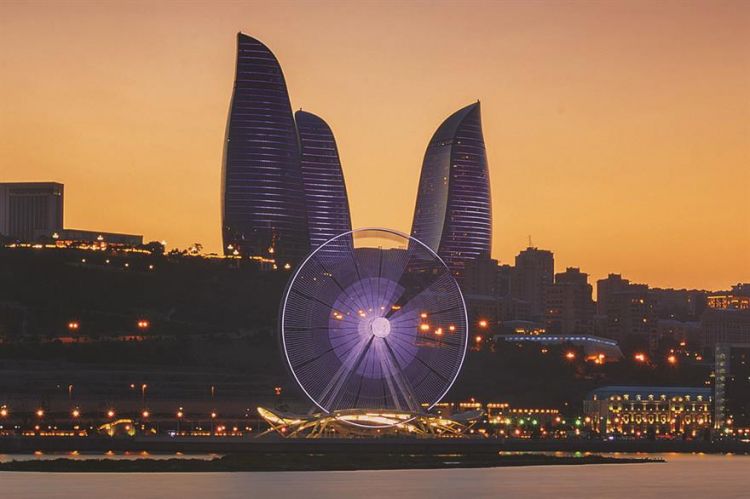




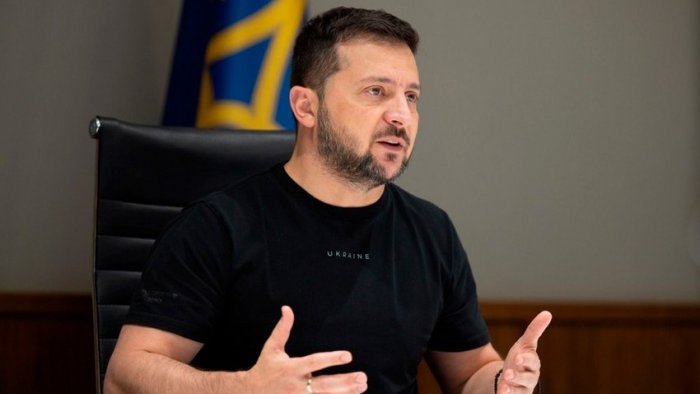
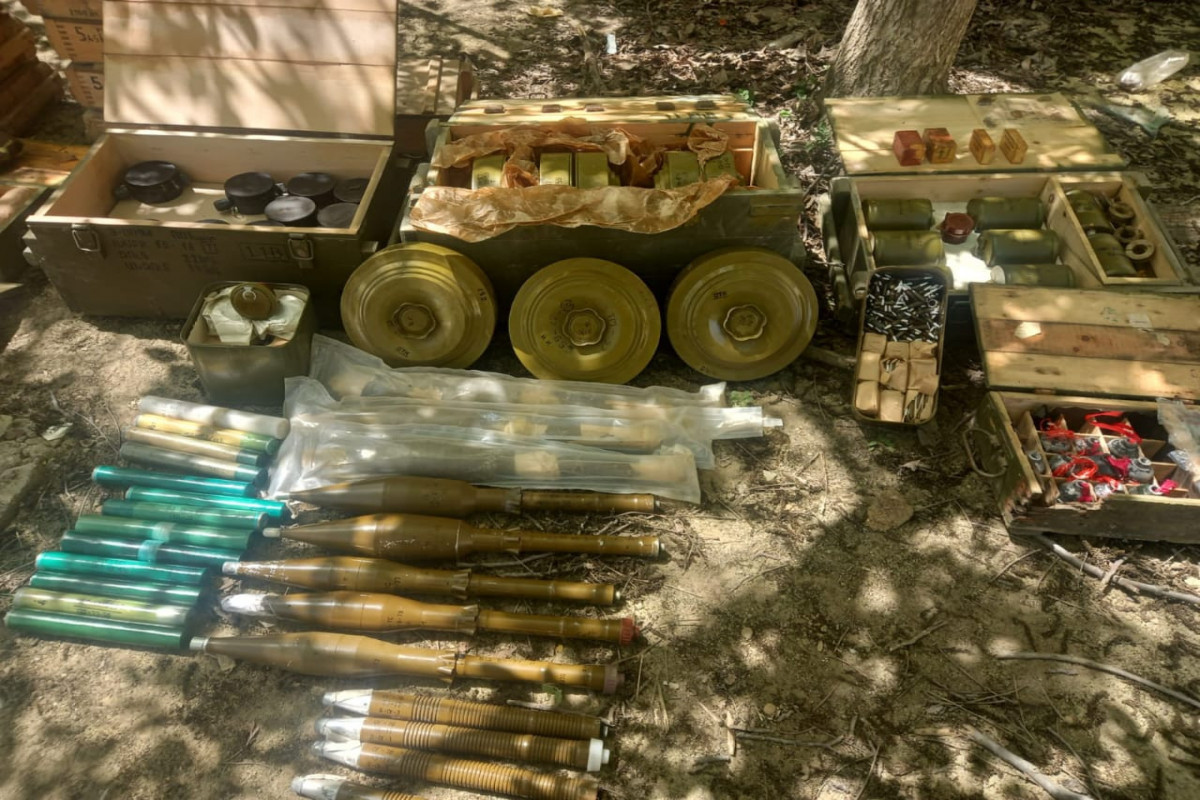
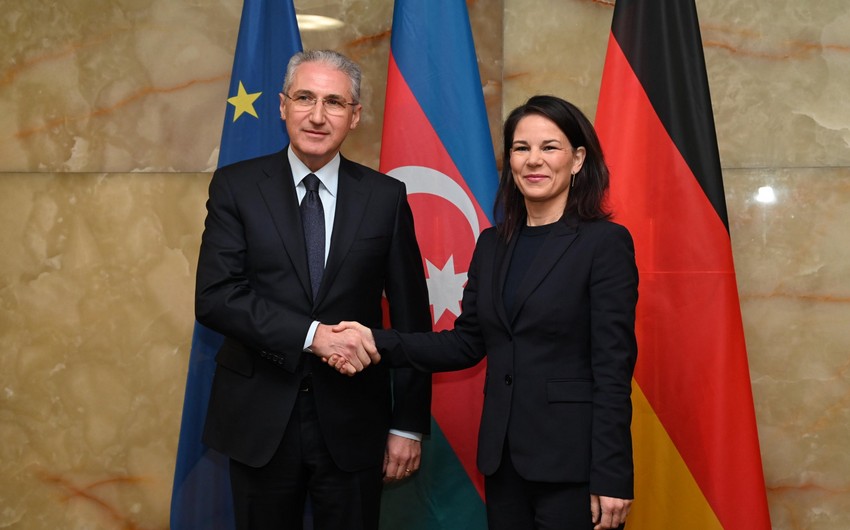
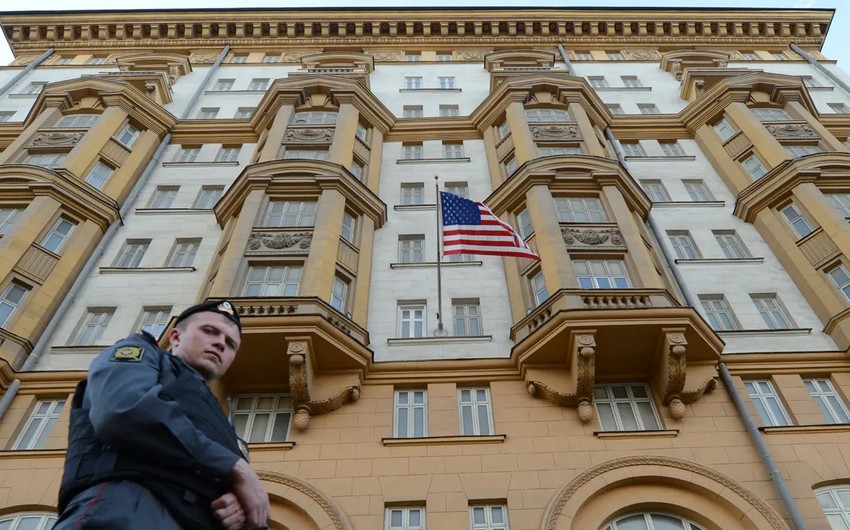
.jpeg)
